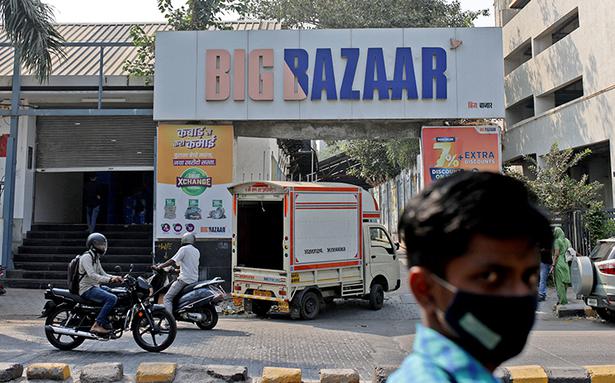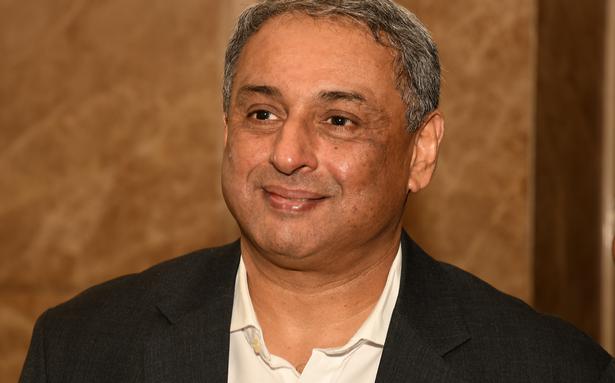While there hasn’t been a global systemic financial event to date, there are multiple channels through which Ukraine’s turmoil could be amplified systemwide, the IMF warned
While there hasn’t been a global systemic financial event to date, there are multiple channels through which Ukraine’s turmoil could be amplified systemwide, the IMF warned
Russia’s invasion of Ukraine has increased financial stability risks “on multiple fronts” and will test the resilience of the global financial system at a time of sharply rising interest rates, the International Monetary Fund (IMF) warned in its semi-annual Global Financial Stability Report on Tuesday.
While there hasn’t been a global systemic financial event to date, there are multiple channels through which Ukraine’s turmoil could be amplified systemwide, the IMF warned.
These include the direct and indirect exposures of banks and non-banks to Russia; disruptions in commodity markets and increased counterparty risk; poor market liquidity and funding issues; Cyber attacks and accelerating the use of crypto assets, it said.
“While the financial system has proven resilient to recent shocks, future shocks could be more damaging,” the IMF said.
“A sudden reassessment of risk as war intensifies and sanctions escalate may expose and interact with some of the vulnerabilities created during the pandemic, which will lead to a sharp fall in asset prices.”
Global banks’ exposure to Russia and Ukraine is relatively modest and limited to a handful of European lenders. However, it is unclear to what extent financial firms are indirectly exposed to the conflict, as disclosures are patchy and inconsistent. Indirect risks from activities such as investment banking and wealth management, off-balance sheet supply chain or commodity finance, derivatives and contingent liabilities “could be significant and surprise investors when uncovered, leading to a sharp rise in counterparty risk.” report said.
Derivatives are an area of concern, said Tobias Adrian, director of the IMF’s monetary and capital markets department, which publishes the report.
“They are very opaque and it’s difficult to know to what extent there is hidden leverage,” Mr. Adrian said. The report highlighted FX swaps and futures as an area banks could leave unsecured if trades need to be cancelled.
“The other concern is private markets, private debt, private equity. There could be risks that we don’t see.”
The market is already suffering from the extensive Western sanctions that have reduced financing and pushed up the price of many key commodities, including oil.
The report also said the handful of dealer banks offering commodity finance had the potential to cause disruption in commodity markets.
Mr. Adrian pointed out that approximately five commodity trading houses and five dealer banks dominate the market, creating concentration risk. “We’re a bit worried about the commodity markets,” he added.



